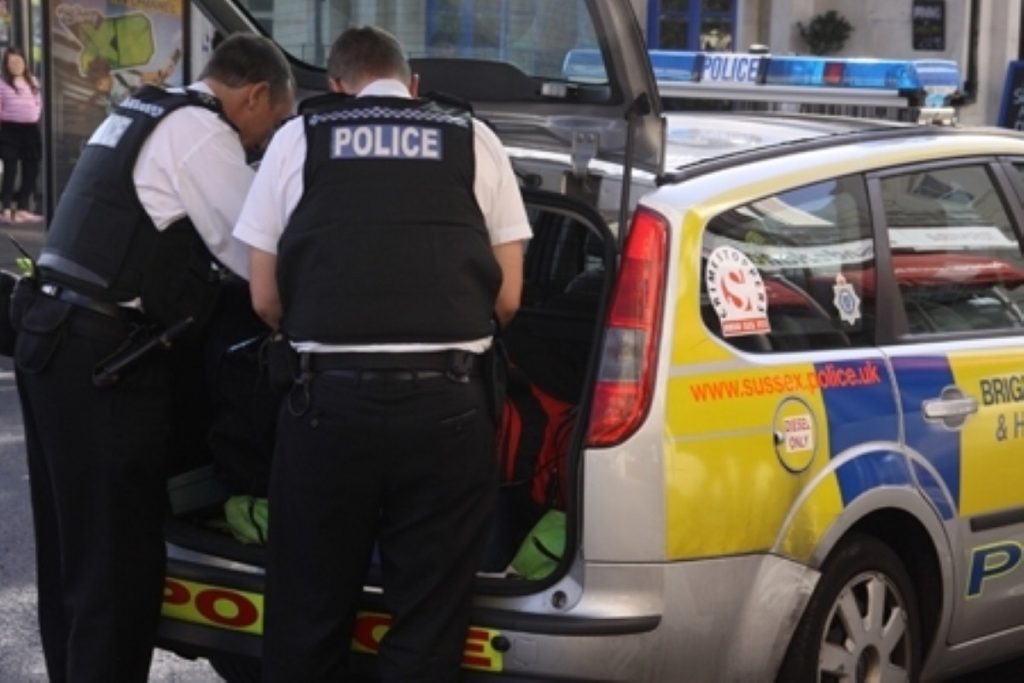‘Geographic variables of integrity’: Action urged over police corruption
By Alex Stevenson Follow @alex__stevenson
Police forces across England and Wales must do more to strengthen themselves against corruption, the police watchdog has said.
A report from HM Inspectorate of Constabulary found that while serious corruption was infrequent, the police did not escape with a clean bill of health.
It found big geographical inconsistencies between what is judged acceptable up and down the country in 'grey areas' like the use of corporate credit cards, gifts, hospitality, second jobs and business interests.


"This inconsistency made little sense to us and nor do we believe would it to the general public," HMIC's Roger Baker said.
"There are no geographic variables when it comes to integrity and there should not be local differences in standards."
In different parts of the country police officers were found to hold widely divergent attitudes to sensitive issues like the relationships between the police and others.
What counts as acceptable hospitality and gratuities, and which additional employment roles are compatible with police jobs, was also found to be far from clear across the UK.
The review recommended the introduction of more robust systems based on national standards and expectations, with clear boundaries and thresholds in all matters.
It emphasised the need for police officers to be seen to be behaving fairly to reassure public confidence in its police.
"The British model of policing is grounded in legitimacy," HM chief inspector of constabulary Sir Denis O'Connor said.
"Any real or perceived conflict of interest is problematic for the police service as it undermines public trust and erodes police legitimacy.
"It is therefore fundamentally important that the service tackles the issues identified, that it is done swiftly and in a way that is long lasting."
The Association of Chief Police Officers' lead on professional standards, Chief Constable Mike Cunningham, highlighted a recent Transparency International report which found no evidence of systemic corruption in policing.
"All our relationships must meet the highest standards of integrity and this review highlights the need to continue develop safeguards and to keep pace with new developments in information technology which expand the potential for vulnerability to corruptors," he said.
"Any officer, regardless of rank, that brings the service into disrepute does huge damage to the 140,000 officers that go out every day to deliver a police service with commitment and integrity."









